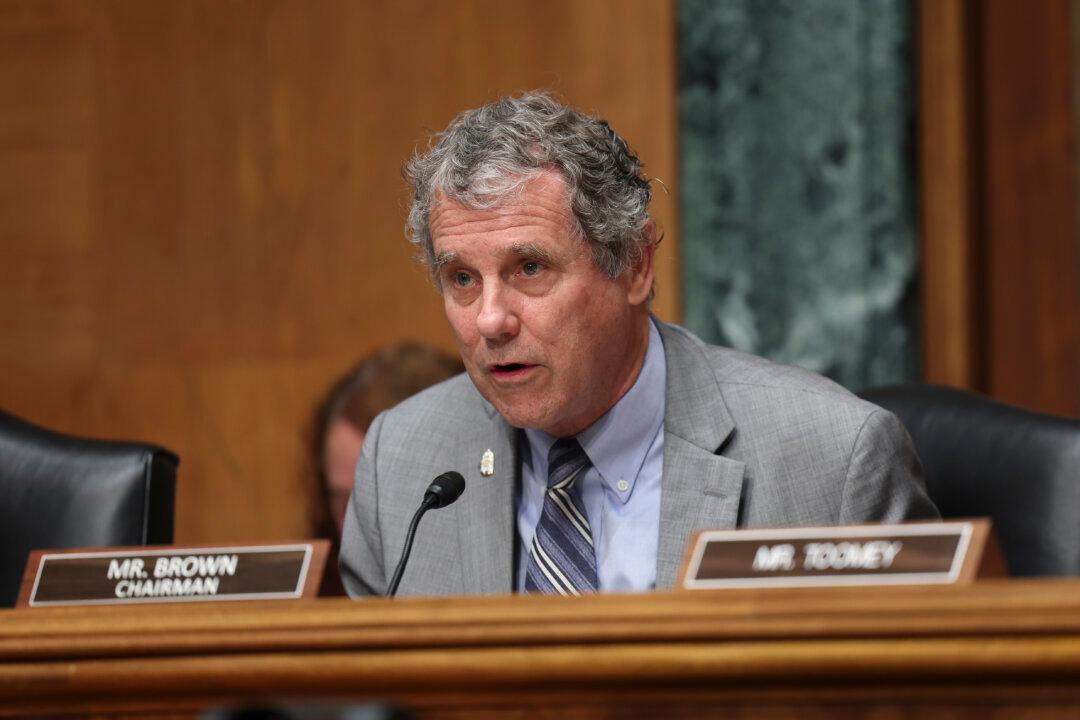The Senate Committee on Banking, Housing and Urban Affairs said it would hold hearings next week on the collapse of Silicon Valley Bank (SVB) and Signature Bank earlier this month.
“It is critical that we get to the bottom of how Silicon Valley Bank and Signature Bank collapsed so that we can maintain a strong banking system, protect Americans’ hard-earned money, and hold those responsible accountable, including the CEOs,” said Brown in a press release on the Senate committee website.
“The American public deserves answers, which is why I am calling on our financial regulators to testify before the Banking and Housing Committee at a hearing on March 28. My job is oversight, and we need to begin these hearings to understand these bank failures and next steps to make sure this never happens again,” he said.
SVB was the nation’s sixteenth-largest bank before it collapsed on March 10, after depositors panicked in a bank run and withdrew money out of fear over the bank’s declining health.




